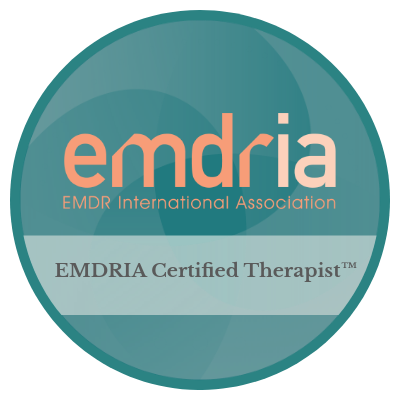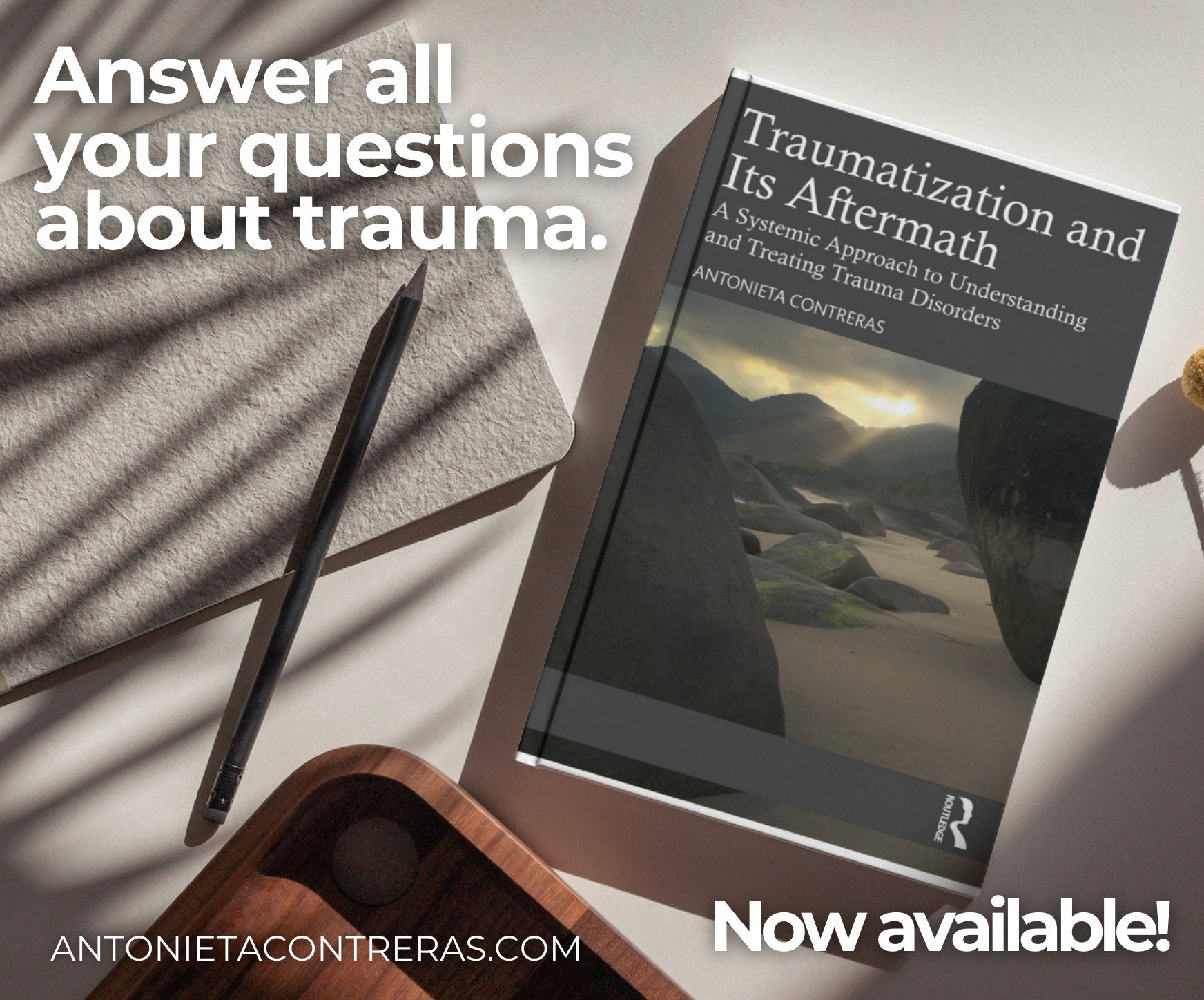One of the behaviors I encourage in all of my clients is to develop trust in themselves. Using ones intuition, developing an understanding of the origion of our beliefs, and honoring ones truth are all major components to developing our internal compass. Dreams are another tool for the purpose of self study. Dreams communicate in a language that is highly meaningful to our personal story, as well as the collective beliefs of our society. Marie-Louise von Franz, a Jungian psychologist, wrote of dreams and fantasies are “(the) objective living manifestation which comes from the depth of the psyche and can be studied, and which restores eyesight. If you can understand the secret hints which are contained in a dream, your eyes are opened and you rediscover life and find it on a new level”.
Personally, dreams are one of my favorite parts of the human experience. To me, they are incredibly special and deeply meaningful, but also serve a variety of purposes. I am aware that some believe dreams are the result of REM sleep and are solely projection of random images (once I heard it described as “taking out the trash”). I am not one of those folks. Of course I have had dreams where it is clear the dream is a result of a movie I watched before bed or because I ran into someone earlier that day, but I do not believe that dream meanings are products of shallow exchanges alone. Each individual can discern what is meaningful and what is not, and I urge you not to minimize or dismiss these impressions.
Often times we come to therapy to reclaim a sense of understanding that has been lost or muddled, as well as to initiate change in our lives. Ideally, the development of this self understanding leads to what most therapy clients experience as an “Ah-Ha” moment while in treatment. Dreams also can provide this level of insight with alacrity, making the therapy process seem like local roads whereas dreams are the superhighway. Also, dreams can be beautiful and disorienting, transport us to different places and time, change our age, and/or feel endless even though they have only lasted minutes. The paradox of dreams is that they are communicating with symbols that are derived from ourselves, yet compiled in such a way that we sometimes have trouble understanding our own messages. In the next few paragraphs I will briefly outline ways to increase the understanding of your dreams. If you enjoy this practice I encourage you to continue your study, and there are many books out there to hone your dream deciphering abilities. One that is accessible and helpful is The Dream Game by Ann Faraday. Also, reading Carl Jung’s work on dreams is essential for deeper study.
To start, if you don’t already, write out your dreams as soon as you wake up. Try to add as much detail as you can recall, and also include the feeling that the dream brings you. For instance, perhaps you had a fairly mundane dream: for example, grocery shopping at your local market. Yet, you wake feeling uneasy or nervous, or even felt tense and scared while grocery shopping in the dream. Make note of these feelings as it is not only setting the tone of your experience, but it is the theme of whatever message your dream is communicating.
The next step is looking at prominent images and writing out their meaning, almost as if you were telling a complete stranger about something they have never heard before. Using the grocery shopping dream example, let’s say you dreamed that were trying to buy oranges but they were not in the place they are usually kept, and you eventually find them in the freezer section. For this dream, I would want to understand what oranges and freezer represent to the dreamer. To me, oranges are a sweet fruit that I associate with health (lots of vitamin C) and mornings, whereas freezers represent not only cold but a place where we store things to make them last yet life is frozen/at a standstill. To others,oranges may remind them of their home, could remind them of Florida, oranges could be a fruit they dislike, that they have seeds, or that they are a common fruit. Freezers may have the association of technology, ice, storage, and more.
The more we can understand our associations to the images, the more helpful it will be to our self understanding. Dream symbols can be mixed up or hard to decipher, or we dream of something we have little personal relationship with. At these moments, referring to dream-symbol books are helpful as they can give suggestions about what our minds are showing us, and offer interpretations based on collective unconscious symbols. Yet, I stress listening to what the dream image means to you, as that will be the better teacher. For instance, I had a friend who had a missing tooth and was highly self conscious about it. Although she had rectified the issue in her life, she would have anxiety dreams about losing her teeth. In most dream books, losing teeth often signifies change/growth. For her, this could be applicable but the prevalent association was of shame/embarrassment as that was more closely related to her experience.
If you feel stuck or are having trouble understanding what the dream means, talking it out with another trusted person is another helpful tool. If what these individuals bring does not sit well with you, I would discard whatever interpretation they offer. Lastly, pay attention to any repetitive dreams or themes in dreams that recur overtime. Any repetitive experience is showing us that we have yet to understand something, are holding on to something, or are still processing the effect of a certain asepct of our lives. There is no one interpretation, and only we know what is the right one for each of us.
Happy Dreaming!













